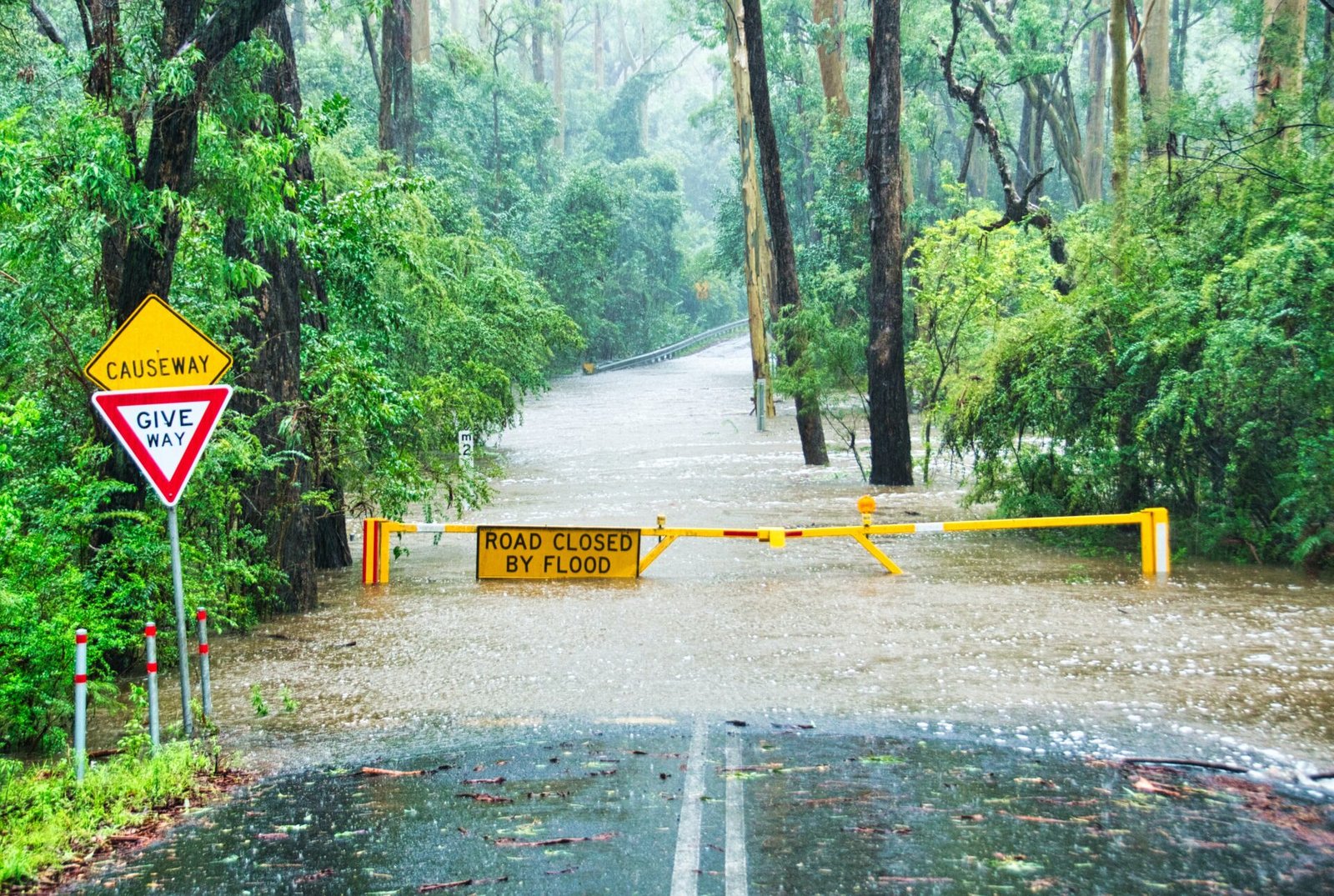Introduction: A City in Distress
Zhuozhou, a city less than 80 km south of Beijing, recently experienced the harshest floods in its history. The aftermath has left its residents grappling not only with their losses but also questioning the effectiveness of the local government’s response.
Backdrop: The Fury of Nature
The floods in Zhuozhou were part of the broader destructive force of Typhoon Doksuri, which affected various northern areas, including parts of Hebei province. The intensity of the disaster was such that the Baoding area, which encompasses Zhuozhou, suffered direct economic losses of an estimated 17 billion yuan ($2.36 billion).
Residents’ Accounts: Left to Fend for Themselves?
Residents narrated tales of despair and abandonment during the crisis. One resident, Wang, described a scenario where he found himself stranded in his apartment, without power for three days. He observed the lack of local leadership, contrasting it with other areas where government leaders are seen spearheading the rescue operations. He wasn’t alone in his sentiments. Many others echoed the sense that rescue groups, which poured in from all corners of China, were left without local partners to coordinate with.
Wu Chunlei, another resident, shared his ordeal of seeing his house and factory destroyed by the floods. He mentioned that with no local government officials in sight or available on the phone, it was the local villagers who took the initiative to guide the rescue teams to the worst-hit rural areas. The message was clear: the community was primarily left on its own.
Government’s Response: A Mix of Silence and Claims
Attempts by media outlets, like Reuters, to reach out to Zhuozhou’s local government and the overarching Baoding authorities went unanswered. However, in a statement, Zhuozhou’s government claimed to have promptly initiated a rescue plan, even asserting that the city’s Communist Party leader was actively involved in flood combat and relief operations.
Adding to this, the national leadership took note of the situation. President Xi Jinping ordered an all-out rescue mission on August 1. Furthermore, Vice Premier Zhang Guoqing was dispatched to survey the flood-impacted regions in northern China, Zhuozhou being one of them. However, there were indications that the top brass of the Communist Party, including President Xi, were away on their annual summer retreat.
In what seemed like a move to control the narrative, there were reports of censorship. Personal accounts and discussions on the Zhuozhou floods were reportedly removed from platforms like WeChat.
Evacuation and Compensation: Stories of Loss
Out of the city’s 600,000 residents, more than a sixth were evacuated. A significant number of those who chose to stay narrated that they either underestimated the situation due to perceived nonchalance from local authorities or didn’t receive any warning at all.
One such voice was Zhu, a carpenter, who shared a harrowing account of his house getting submerged in waters as deep as thirteen feet, leading to damages of over 300,000 yuan ($41,870). His narrative was symbolic of the devastation many faced, from losing their homes to seeing their possessions washed away.
A Controversial Decision: Diverting the Floodwaters
A significant bone of contention among residents was a government decision taken on July 31. As per this decision, floodwaters from Baoding’s brimming reservoirs were rerouted to designated flood storage areas, with Zhuozhou hosting two of these areas. As per China’s flood control laws, these areas can even include populated regions with lower elevations. This move was criticized, with many believing it exacerbated the flood situation in Zhuozhou.
However, there’s a silver lining. Legally, residents of these flood storage zones are entitled to compensation for 70% of housing damages.
Yet, many residents reported that their attempts to claim compensation, by submitting damage assessments, have gone unanswered. There were assurances from China’s cabinet that flood victims would be resettled by winter, and predictions from Beijing officials indicated that recovery might span a year.
Beyond Zhuozhou: Widespread Discontent
Zhuozhou wasn’t an isolated case of citizens questioning the government’s role during a calamity. About 130 kms southeast in the city of Bazhou, flood victims staged a protest, a rarity in China. They demanded compensation, voicing their grievances through banners, and their pleas were documented in videos shared on various social media platforms.
Conclusion
Zhuozhou’s recent flood disaster has been a stark reminder of the dual challenges that natural disasters present: the immediate physical destruction and the subsequent crisis of confidence between governments and citizens. While the waters may recede and rebuilding can begin, trust, once eroded, takes much longer to restore. The story of Zhuozhou might very well serve as a lesson for local administrations everywhere on the importance of proactive, transparent, and compassionate leadership during crises.
Read More:
